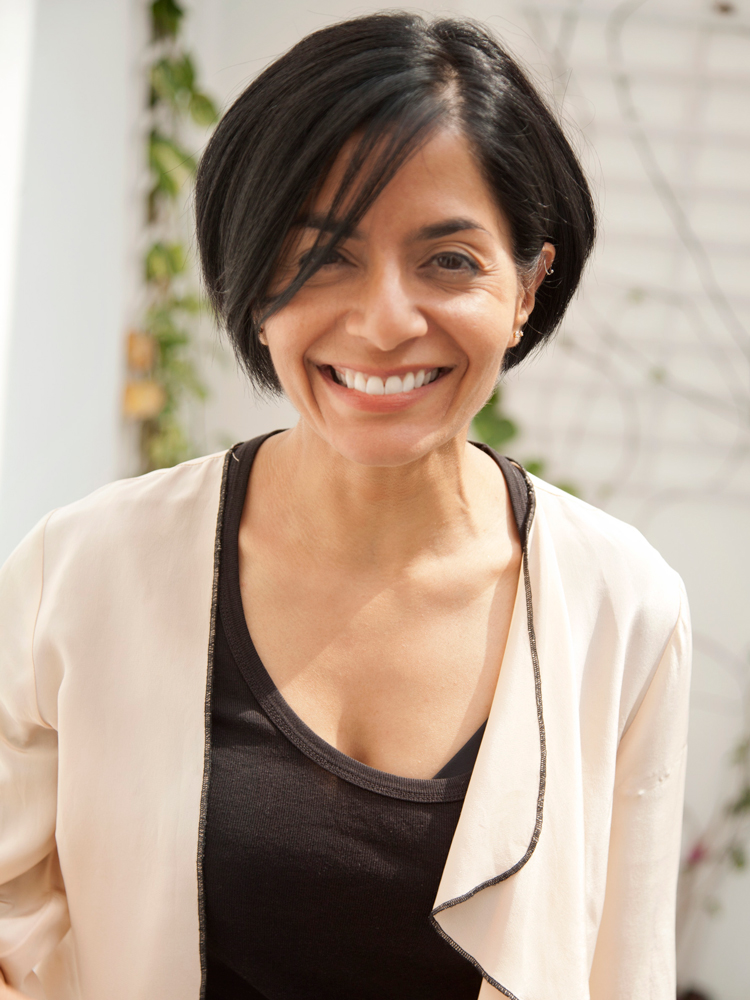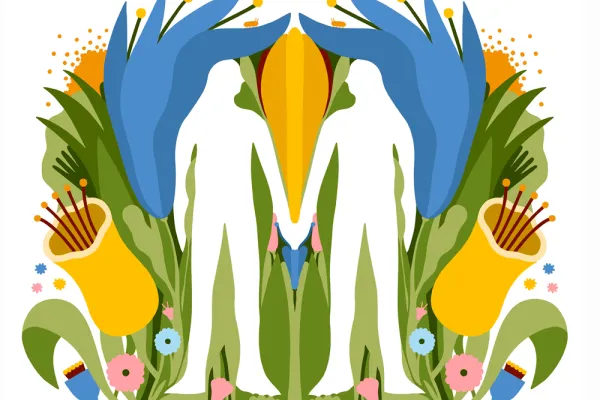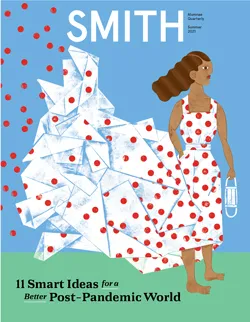‘The Health of Our Population Depends on the Health of the World’
Sustainability
Published July 7, 2021
We must start near
the bottom and
plow toward each
other again.
—CAMILLE DUNGY
Shortly after the pandemic started, store shelves were ransacked by those who were anxious and scared. Within weeks, bleach, wipes, flour, even seeds, had disappeared. The desire for protection and satiation was understandable; most people had never experienced the intensity of a global pandemic. But, as the surge in sales went beyond edible plants, the run on seeds revealed something epochal. What we hungered for included the deep nourishment of nature herself: the saline breath of the ocean, the caress of moss, the brilliance of flowers. On nights when ambulance sirens pierced through the quiet of empty streets, our ears strained to hear the solace of birdsong; our hearts longed for rich, stable ground.
We are not separate from one other, or the fecund fabric of our Earth’s ecosystems. Without biodiversity—the heterogeneity of microbial, plant and animal life that underpins our very existence—we would not be able to survive. Yet, despite this awareness, humans continue to damage this essential structure, engaging with a reckless, consumptive abandon reflective of those who shunned coronavirus health precautions; forgetting we are strands in one precious tapestry.
The Amazon rainforest—one of the most biodiverse places on Earth—is no longer a carbon sink. Because of climate change and severe deforestation, it now emits more greenhouse gases than it absorbs. Globally, bee colonies are collapsing, other pollinators are disappearing and thousands of plant and animal species are at risk of extinction, including over one-fourth of the world’s local breeds of livestock. In our warming oceans, one-third of fish are overfished, eroding our food web and endangering other aquatic life. As a result of globalization, no country is fully self-sufficient in the plant genetic resources required to feed itself. We are interdependent.
Physical sustenance aside, we know how deeply healing our relationship with nature is. The pandemic reminds us that the health of our population depends on the health of the world around us. COVID-19 is resonant with other pathogens: pandemics in wheat, corn and other plant and animal species migrate, mutate and devastate. They require the same focus and commitment to solutions that we extend to the human population. A respect for diversity, and the wealth of treasures our natural world holds, can help us manage unknowns—if we are wise enough to sustain it.

As we return to the world, we must heed the clarion call: holding on to what is vital, fighting for what is precious, starting near the bottom and plowing toward each other again.
Simran Sethi ’92 is a journalist, senior fellow at the Oakland Institute and author of Bread, Wine, Chocolate: The Slow Loss of Foods We Love, an award-winning book on agricultural biodiversity. She is a 2009 recipient of the Smith College Medal.
This story appears in the Summer 2021 issue of the Smith Alumnae Quarterly.
Read More Smart Ideas for a Post-Pandemic World
Health Care: Kimberly McGill ’01, ‘Systemic Racism Has Made This Pandemic the Crisis That It Is’
Work: Dorie Clark ’97, ‘You Can’t Afford to Be Seen as Dispensable’
Creativity: Alice Howe ’13, ‘Slowing Down Was at First a Challenge, Then a Gift’
We are inextricably tied to our natural environment, yet we continue to damage it. The time has come to invest in this precious resource. Photograph by Cem Ersavci, illustration by Cristina Spanò

